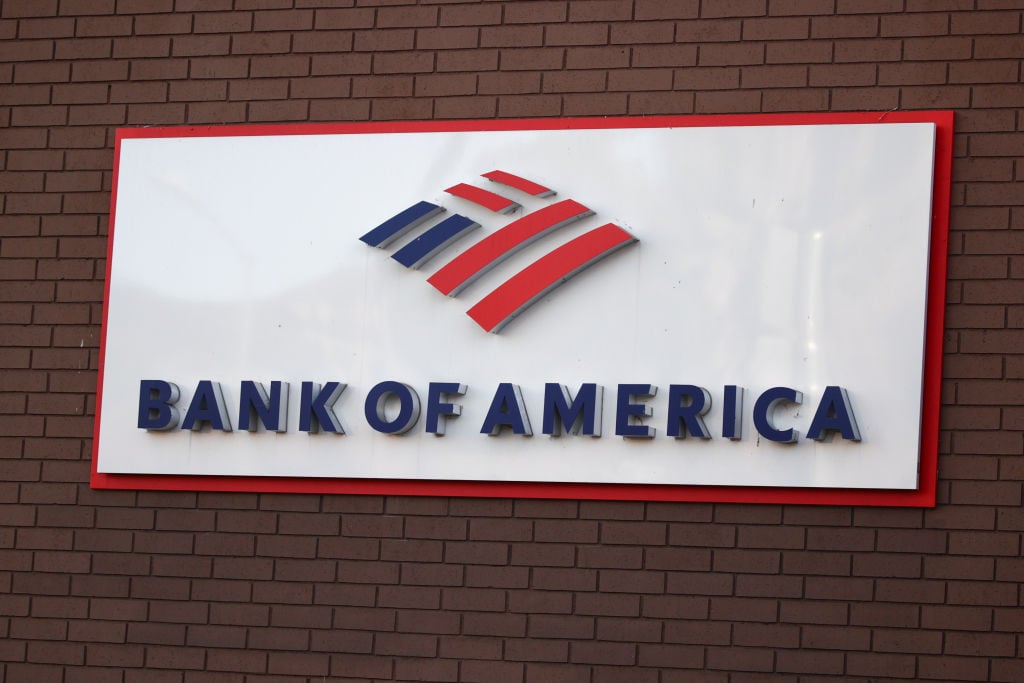If you've been ignoring the ongoing controversy around document-disclosing website Wikileaks, you might be making a big mistake. More and more companies now find themselves exposed in Wikileaks' revelations of behind-the-scenes dirty dealings, and the results aren't pretty.
Shareholders invested in honest, ethical companies have little to fear from Wikileaks' push toward true transparency. Everybody else had better watch their portfolios.
Tracking mud
For all the outrage voiced by folks in positions of power over the releases of classified U.S. diplomatic cables, there's a very good argument that in other respects, Wikileaks is picking up where old-fashioned investigative journalism left off.
Aside from the political content of many of Wikileaks' disclosures, they're increasingly revealing nasty tidbits about well-connected corporations as well. In fact, Wikileaks head honcho Julian Assange has announced that a big business will be his next target for exposure.
The following unpleasant revelations have already hit the wires, courtesy of Wikileaks:
- Bank of America (NYSE: BAC) has embarked on serious Wikileaks damage control after Assange threatened to expose something about a major U.S. bank, which Assange said revealed an "ecosystem of corruption."
- U.S. diplomats have acted as a "sales force" for Boeing (NYSE: BA), offering perks and goodies to foreign leaders who chose Boeing's products over competitor Airbus.
- A U.S. ambassador suggested the Bush administration wage a retaliatory trade war with the European Union in 2007 over genetically modified crops. U.S. pressure applied to Europe, which is notoriously reluctant to accept GM crops, would most certainly have helped companies like Monsanto (NYSE: MON).
The corporate jerk tax
In a rare interview in November, conducted by Forbes, Assange claimed that he has damning data on companies in the pharmaceutical, finance, and energy sectors. A lot of investors had best hope that their companies are beyond reproach.
Wikileaks may have rubbed a lot of people the wrong way, but there are definite virtues in its actions. Freedom of speech doesn't simply apply to speech you (or people in power) want to hear. And a true free market has corporations competing with one another on a fair and ethical playing field, vying to make the best products customers will want to buy. Corruption isn't supposed to be part of the equation, and the competitive advantages it can bestow don't strengthen our economy or better serve consumers.
A good brand reputation is a major asset for many corporations; a bad reputation can be a liability. "In the struggle between open and honest companies and dishonest and closed companies, we're creating a tremendous reputational tax on the unethical companies," Assange told Forbes.
Those of us who are searching for good, ethical businesses to invest in would call that a pretty smart "tax." In a world of greater transparency, only the corporate jerks have something to fear.
Dirty profits under pressure
Wikileaks could be good for American business -- not to mention American consumers -- in a new age of openness and responsibility.
Conscious companies -- not unethical corporations that seize unfair advantages -- make the best, most defensive stocks for true long-term shareholders. How do you think your stocks will stack up to sunshiny scrutiny? A Wikiworld of transparency will likely separate the high-quality companies from the dirty ones.
Check back at Fool.com every Wednesday and Friday for Alyce Lomax's columns on corporate governance.




